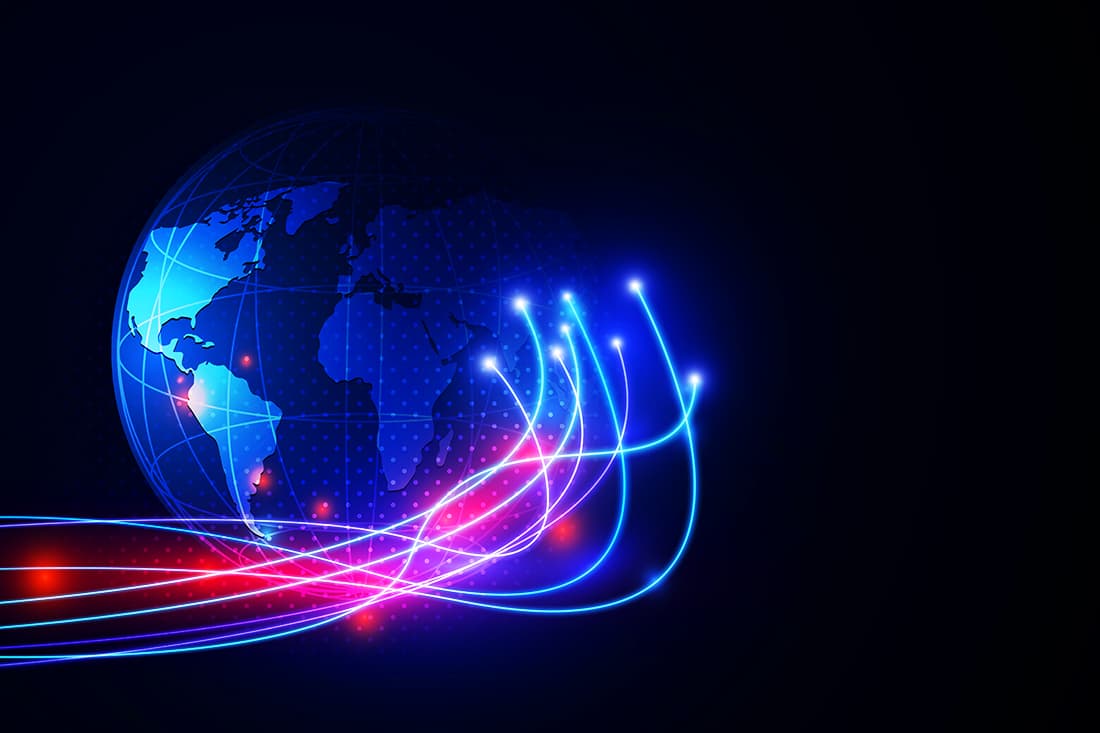The world’s fight against corruption is an ongoing battle that never seems to end. From small and corrupt practices to large scale fraud, bribery and grand embezzlement; corruption has found its way to every corner of the globe, threatening progress and justice. Despite the fact that most countries have anti-corruption measures in place, the issue persists. In fact, the problem seems to be worsening, posing an existential threat to global progress and a challenge to the international community.
The negative impact of corruption is far-reaching, often leading to several social, economic and political consequences. In countries where corruption has taken hold, there is a high likelihood of public institutions being weak and ineffective. Corruption erodes trust in public institutions and law enforcement and breaches are often left unpunished. This negatively affects public confidence in government institutions as a whole, and in the fairness of the justice system. It also degrades the effectiveness of government services, hindering social progress and blocking economic growth.
Corruption also creates unequal opportunities for citizens. In most cases, the wealthy and well-connected people are the beneficiaries of the corrupt practices, leaving ordinary people and small businesses struggling. The economic disadvantage that the less privileged citizens experience results in a lack of a level playing field for many people, leading to a lack of social mobility and impoverishment in the long run.
The United Nations has recognized the need for concerted efforts to combat corruption around the globe. The UN has set up the United Nations Convention against Corruption, and has urged its member-nations to adopt National Anti-Corruption Plans. However, only few countries maintain strict compliance and implementation of the conventions and plans. Therefore, it is imperative that all players in society join hands to combat corruption and eradicate it from all levels of government and society.
The world needs to take robust and stricter action against corruption in all its forms. Governments need to pass stronger anti-corruption laws and regulations. There is a need to revise the approach to the fight against corruption and give more power to anti-corruption agencies to investigate and prosecute corrupt individuals. Businesses and corporations should also make public their commitment to eradicating corrupt practices and promoting ethical behavior among their leadership and employees.
International organizations and civil societies also play an important role in promoting corruption-free societies. The media can contribute to the fight against corruption through investigative journalism, which exposes corrupt practices and hold individuals and businesses accountable. Further, civil societies can enhance accountability through continuous monitoring of government institutions.
In summary, corruption threatens global progress and justice – from small acts to large-scale grand corruption. Its effects are widespread and far-reaching, leading to social, economic and political damage in affected societies. Therefore, it is high time for all players in society to unite to fight corruption at all levels. Unless we act together and act decisively against corruption, we risk soiling and losing the progress we have made as a society.

Deja una respuesta